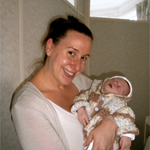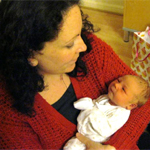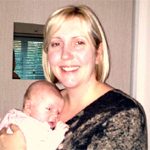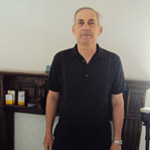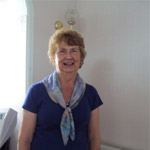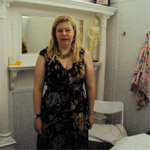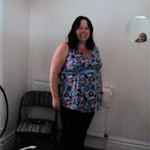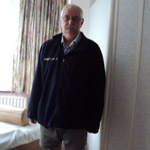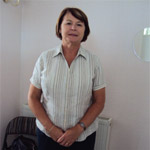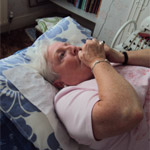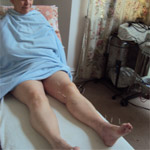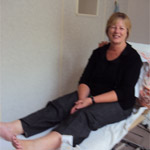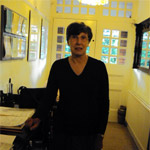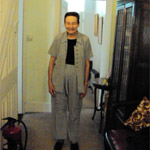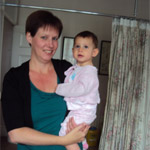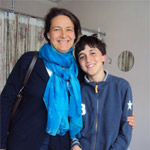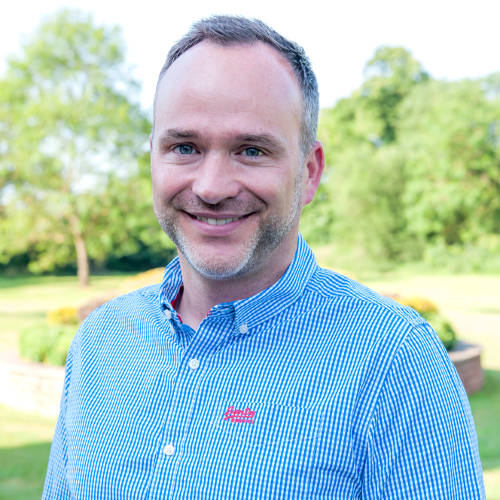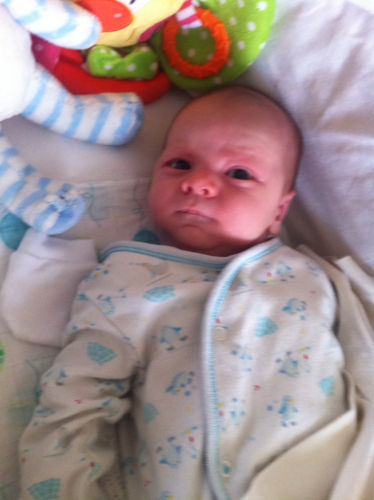What price qualifications?
There’s no doubt that letters after a person’s name and a certificate on the wall really help to inspire confidence in their knowledge and skills. An academic qualification is still the best evidence that someone possesses a high degree of competence in their chosen field, and – importantly for employers – that they’re not afraid of hard work!
Most professions require several years of study and practical skill before someone can safely and effectively practise. One would hardly expect a first-year medic to perform successful open-heart surgery, a school-leaver to teach degree-level quantum mechanics or an apprentice to design and build a suspension bridge! In much the same way, trainee osteopaths must complete a rigorous training and registration process.
The achievement of qualifications (in any field) offers:
- The most up-to-date theoretical knowledge, practical skills and the flexibility to respond to changing knowledges and practices.
- A greater level of safety based on competence and contemporary best practice.
- Enhanced customer satisfaction and confidence based on reassurance that the practitioner is fully trained and competent.
- Confidence in the profession as a whole.
What about osteopaths?
Students must successfully complete a four or five-year degree course to achieve a BSc (Hons), BOst (Bachelor of Osteopathy), BOstMed or MOst. The modules cover anatomy, biomechanics, nutrition, pathology, pharmacology and physiology plus over 1,000 hours of clinical training experience with patients. Having registered with the British Osteopathic Council, qualified graduates are entitled to practise in the UK.
It’s not just about knowledge and skills, though. It helps to enjoy your chosen career. Some people come to osteopathy after spending time in another career while others, like myself, know early that they want to be an osteopath. My mother was an osteopath so I saw first-hand, and was greatly inspired by, the positive changes that she made to patients’ wellbeing. She was highly regarded as a practitioner and I wanted to follow in her footsteps and help in a similar way. So, I trained for four years at the British School of Osteopathy followed by a year’s clinical practice to embed all that I had learned.
Keeping current
Gaining a qualification is only the beginning, though. Knowledge and skills can become rusty and/or outdated over time. Ongoing CPD (continuing professional development) is the best way to remain relevant and applies throughout someone’s entire career.
Most professions, including osteopathy, require a certain number of hours of CPD to be completed each year. This can be in the form of lectures, seminars, courses, practical sessions, postgraduate courses or even personal reading. For osteopaths it’s at least 30 hours per calendar year, of which 15 have to be ‘learning with others’. As many osteopaths work in isolation it can be helpful to exchange information and knowledge with their peers. This year, the CPD process is changing to a three-year cycle encompassing all aspects of the Osteopathic Code of Conduct, to help ensure that osteopaths are well-informed and safe practitioners.
Overall, each osteopath must ensure that any CPD is beneficial to their practice and relevant to their professional work as an osteopath, ensuring that they can deliver the quality of service that safeguards the public and meets the expectations of customers.
I am a great believer in expanding one’s knowledge and so have also qualified in cranial osteopathy and acupuncture. Cranial osteopathy can be used to treat patients of all ages, including babies with sleeping problems. I do a lot of cranial osteopathy as I enjoy working with children!
After becoming interested in the reported benefits of acupuncture, I trained in medical acupuncture at the Centre for Study in Complementary Medicine in Southampton, followed by a three-year, part-time course in traditional Chinese medical acupuncture at the British College of Acupuncture. I travelled to China, the birthplace of acupuncture, to study alongside experts to perfect the technique. Being qualified in both Western and traditional Chinese medicine gives me a greater range of knowledge and treatment options for patients. As part of this year’s CPD I’m attending a meeting in October to hear about the latest research in acupuncture which will be fascinating.
I also regularly attend courses and try to set aside two or three hours per week for reading about the latest developments in all my practice areas. I’m about to start a two-year part-time pediatric course and, of course, I’m also a trainee of the Zita West fertility clinic.
Being qualified in these various disciplines means I can offer patients more treatment options for a variety of conditions including sports injuries, back and neck pain, stress, menopause and fertility.
CPD as fun
Of course, CPD doesn’t just have to be about books and training sessions. Earlier this year I travelled to Nevada and Arizona and learned about how native Americans harnessed the power of nature to cure disease. I also followed in the footsteps of Andrew Taylor Still, the founder of osteopathy. A couple of months ago, I was also lucky enough to go to Borneo where I saw the orangutans and trekked through areas of rainforest, the source of so many health-giving plants used by the indigenous people.
If you’d like to know more about me and the type of issues I treat, please get in touch by clicking here.




